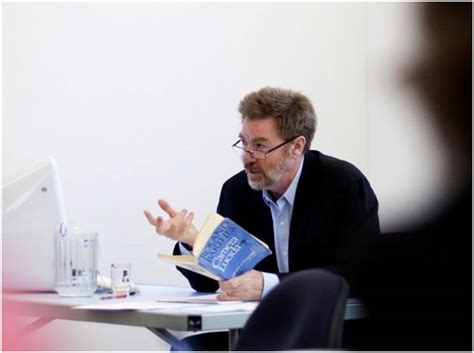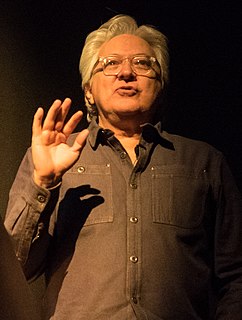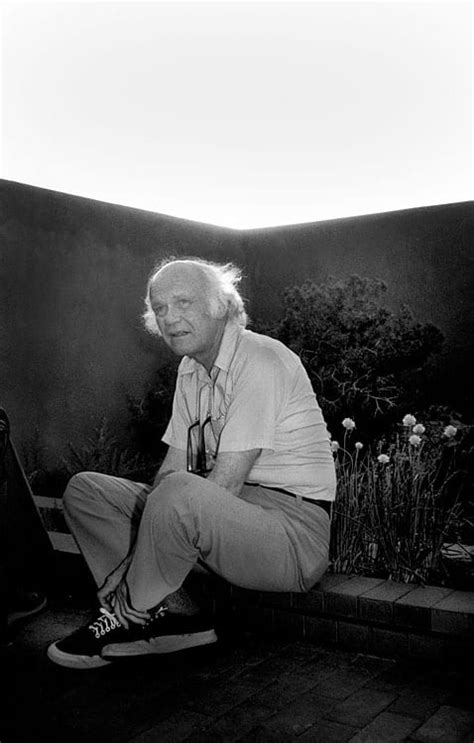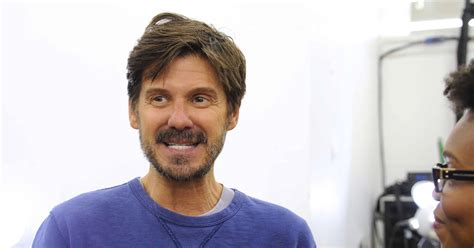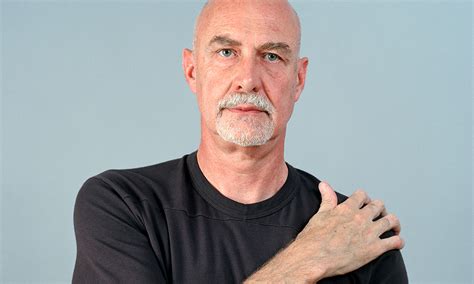A Quote by Geoffrey Batchen
Everyone concedes that photography is now a medium of exchange as much as a mode of documentation.... photographing has become the visual equivalent of cellphone chatter.
Quote Topics
Related Quotes
[Photography] has become more and more subtle, more and more modern, and the result is that it is now incapable of photographing a tenement or a rubbish heap without transfiguring it. Not to mention a river dam or electric cable factory: in front of these, photography can now only say, How beautiful!
Film is a temporal medium as much as it is a visual medium: you're playing with time, and you don't have that ability where someone can pause at home. That's such a fundamental part of what makes filmmaking exciting to me. I don't really have as much interest in any other medium. I just like the control.
I did a good bit of episodic television directing, but directing a movie is so much more complicated. And there's so much more responsibility because the medium is very much a director's medium. Television is much more of a producer's writer's medium so a lot of the time when you're directing a television show they have a color palette on set or a visual style and dynamic that's already been predetermined and you just kind of have to follow the rules.
Even though fixed in time, a photograph evokes as much feeling as that which comes from music or dance. Whatever the mode - from the snapshot to the decisive moment to multi-media montage - the intent and purpose of photography is to render in visual terms feelings and experiences that often elude the ability of words to describe. In any case, the eyes have it, and the imagination will always soar farther than was expected.
When you first start photographing a show or being into photography, you might think it's cool to see people with their phones, like, 'It's so novel; everyone cares about this moment so much,' but then it becomes... trite, y'know, and shallow. I think the best moments of my life have been spent without phones.
